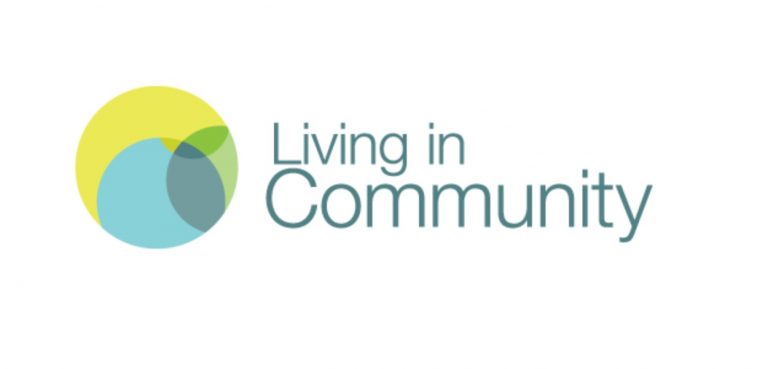This guest update is from Living in Community (LIC), an innovative community initiative that brings together different groups who are impacted by or have an impact on sex work: current and former sex workers, sex work support and advocacy organizations, Indigenous groups, health organizations, law enforcement, business, all levels of government, and social service organizations. The LIC model is an integrated way to improve the health, well-being and safety of all community members who are impacted by sex work, from sex workers themselves to businesses, community organizations, and residents.
LIC was pleased to see MoveUP’s position in support of the decriminalization of sex work this past December. As MoveUP members know, sex work is work, and sex workers need access to the same labour protections as other workers.
Like many other workers, the COVID-19 pandemic has had devastating impacts for sex workers. While precarious and unsafe work have been steadily increasing for years, this global health crisis rapidly revealed the problems when all workers do not have safe and healthy work environments – including sex workers.
Sex work is the exchange of money or sexual services provided by a consenting adult. It can include escorting, street-based sex work, cam work, cyber sex, exotic dancing, pornography, and more. Sex workers were among the first to see a sudden loss of income due to COVID-19 and are struggling to get through each day. While some sex workers have been able to pivot to online work or find alternative sources of income, not all sex workers have such flexibility. Im/migrant and street-based sex workers in particular have faced a total loss of income, and racism and xenophobia have led to even greater discrimination against im/migrant sex workers and sex workers of colour.
Further, as self-employed workers, many sex workers are not eligible for Employment Insurance or paid sick leave to protect their health and that of others. While government supports like the Canada Emergency Response Benefit and the BC Emergency Benefit for Workers are providing important stop-gaps for many, the eligibility criteria and application processes make them inaccessible for many sex workers including those who are street-based or reliant on cash for survival.
In response to these needs, Living in Community has been working with our Vancouver-based and provincial partners to advocate to the federal and provincial governments to ensure that sex workers are included in both emergency supports and long-term policies.
As long as sex work remains criminalized, sex workers experience barriers to doing their work safely and receiving worker supports when needed.
To learn more about Living in Community and about a sex workers’ rights-based approach sex work, visit our website at www.livingincommunity.ca. Stay connected with MoveUP’s work on decriminalization by visiting moveuptogether.ca/safesexwork.



